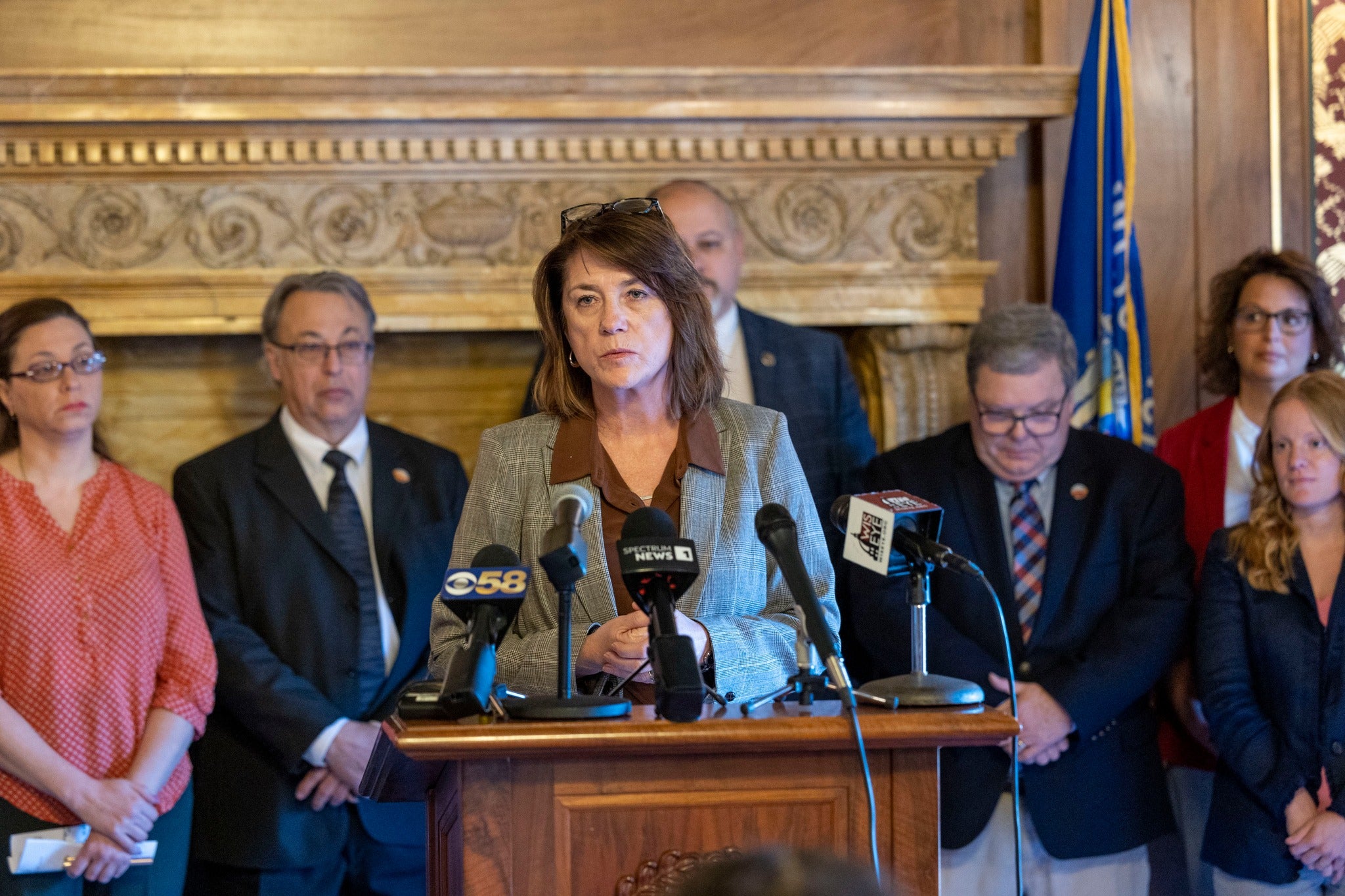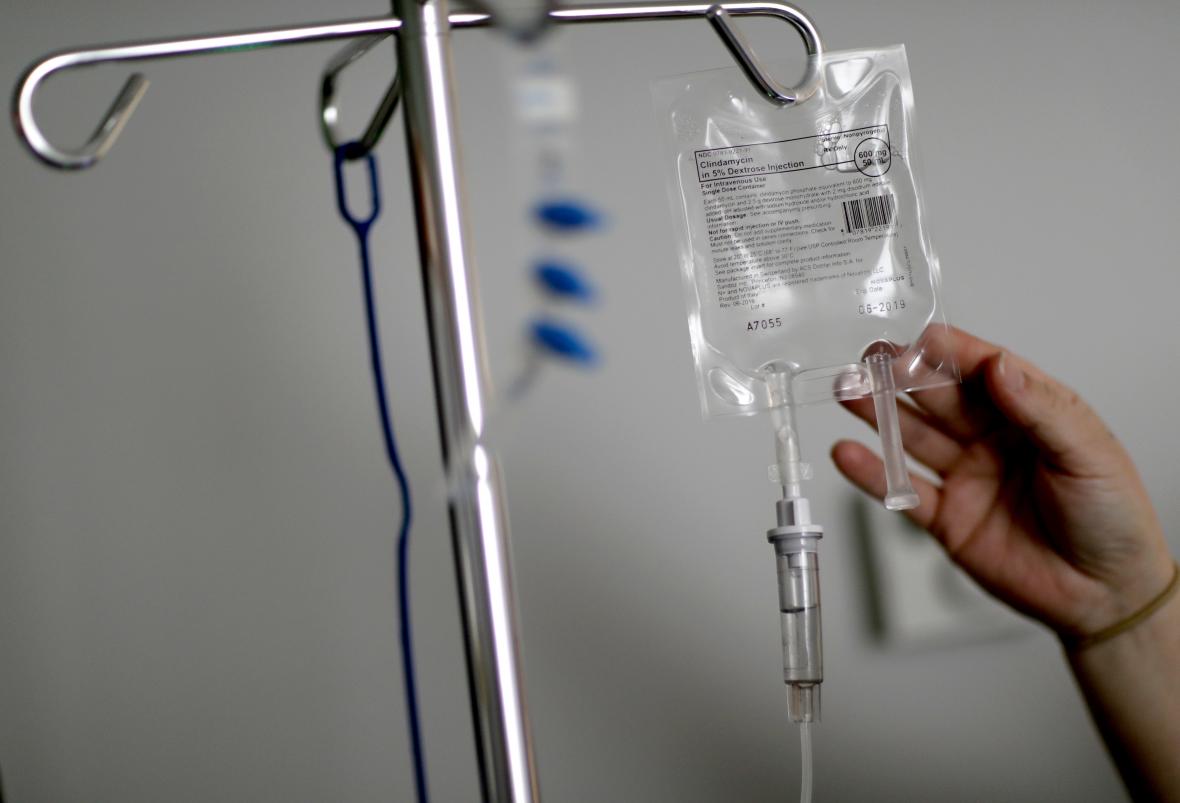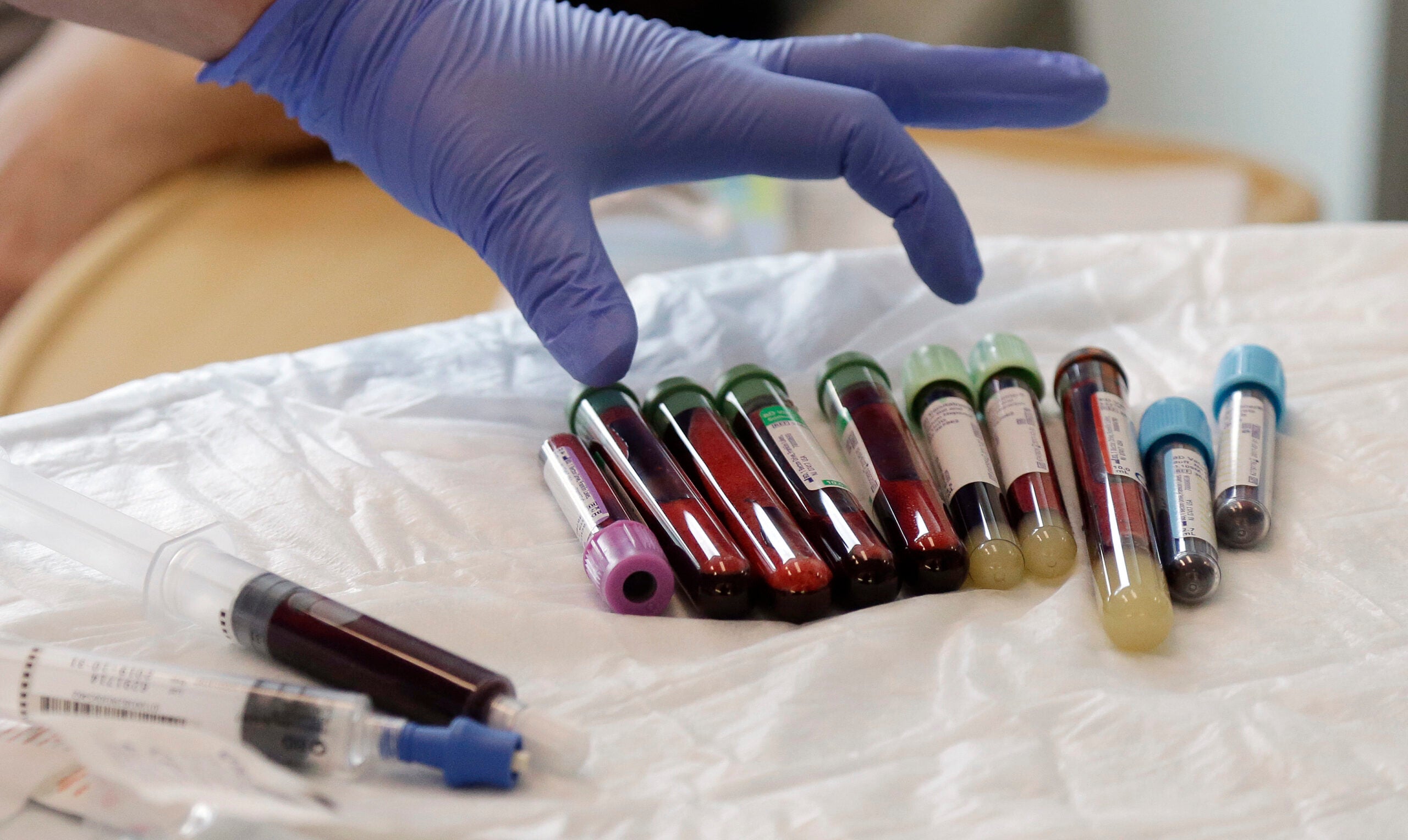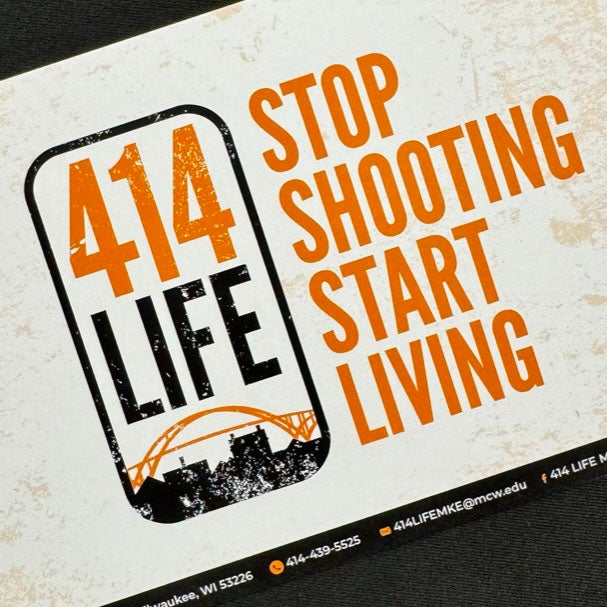If you’ve ever been incorrectly diagnosed by a doctor, you’re not alone. Our guest explains why most Americans will be misdiagnosed at least once in their lives, and offers his thoughts on fixing the system. Then, our guest suggests that the power of the gun lobby may be overstated, and that, as Hillary Clinton campaigns on gun-control in the wake of another mass shooting, the tides may be turning.
Featured in this Show
-
Gun Lobby's Power Is Overstated, Says Analyst
In the wake of the country’s most recent mass shooting, in Oregon on Thursday, Hillary Clinton is pushing for stricter gun laws. While the conventional wisdom has been that the gun lobby is too strong to enact change, our guest says that may not be the case anymore.
-
Report: Most Americans Will Receive A Late Or Wrong Diagnosis
According to a new report from the National Academy of Medicine, most Americans will receive a late or wrong diagnosis in their lifetimes — something that has the potential to lead to devastating consequences.
Dr. Lee Wilke, director of the University of Wisconsin Health Breast Center, said physicians would like to think that they don’t make mistakes.
“But I think in all aspects of medicine, whether it’s diagnosing a difficult problem using either X-rays or pathology, or through symptoms that seem unusual, there are times when a diagnosis may be difficult to uncover or identify based on the presentation of the individual,” she said.
Wilke said one of the factors leading to diagnostic errors is a disjointed health care system. She said makes it important for physicians to communicate with each other regarding changes in a patient’s diagnosis.
Wilke is hopeful on that front: She believes health care communication is getting better.
“Over the last 15 years as we’ve seen the evolution of the electronic medical record and improved communications with our improvements in technology, certainly physicians have much easier access to each other,” she said.
Wilke added: “There’s a lot more scrutiny towards improving what we do to prevent mistakes — everything from making sure patients receive the correct medications to receiving the correct diagnosis from a biopsy.”
The report, said Wilke, reveals how important it is for patients to get a second opionion if they feel the symptoms don’t match a diagnosis.
“Any good physician welcomes second opinions,” she said. “One of the most gratifying experiences (is) to have a patient see another physician and recognize that the same diagnosis was provided.”
Here are some of the report’s key findings:
A conservative estimate found that 5 percent of U.S. adults who seek outpatient care each year experience a diagnostic error.
Postmortem examination research spanning decades has shown that diagnostic errors contribute to approximately 10 percent of patient deaths.
Medical record reviews suggest that diagnostic errors account for 6 to 17 percent of hospital adverse events.
Diagnostic errors are the leading type of paid medical malpractice claims, are almost twice as likely to have resulted in the patient’s death compared to other claims, and represent the highest proportion of total payments.
Episode Credits
- Rob Ferrett Host
- Veronica Rueckert Host
- Galen Druke Producer
- Chris Malina Producer
- Alec MacGillis Guest
- Dr Lee Wilke Guest
Wisconsin Public Radio, © Copyright 2025, Board of Regents of the University of Wisconsin System and Wisconsin Educational Communications Board.




